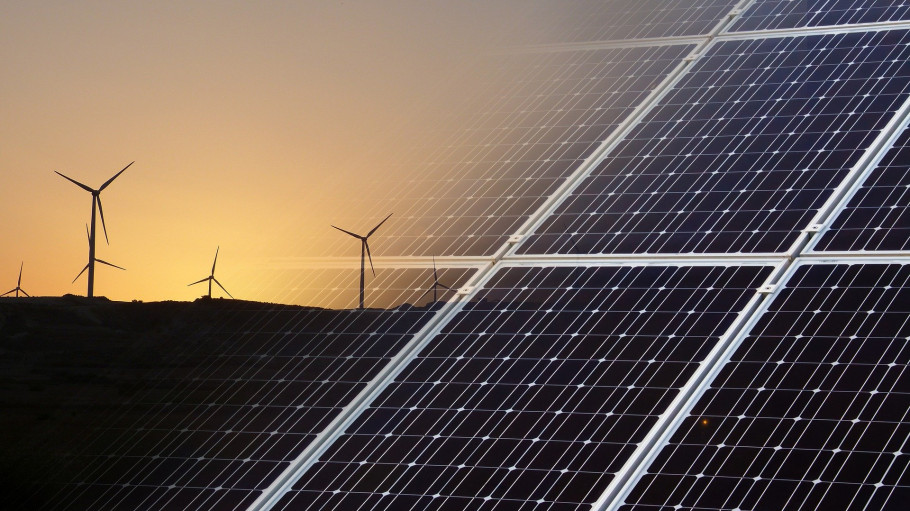
Issues » Research, innovation and technology » Low-carbon transition
Low-carbon transition
Recent content

The European steel industry is the most advanced of its kind in the world. As it is, Europe leads the way in environmental and climate performance. CO2 emissions and energy use in European steel production have been halved since 1960, and the sector has the ambition to further achieve cuts of between 80-95% by 2050, compared to 1990 levels.
This transition will require significant investment in new technological development and deployment, in energy infrastructure, consumption and type, and will require access to high quality materials, such as iron ore and scrap.
EUROFER has established a clear set of pathway scenarios that will deliver this essential change for the sector, ensuring that Europe will remain on track to fulfil its Paris Climate Accords requirements, whilst also making European steel fit for a clean, low-carbon future.
To reach the emissions reduction targets, it is important to act now. Given the asset-intensity of the steel industry, the implementation of low-carbon technologies (including engineering, permitting, construction) is time-intensive. Investment decisions taken today will only take effect in 10 or more years.
The steel sector is willing to undergo the required transformation, but this cannot be done in isolation. Instead, it should be done in cooperation with governments, the energy sector and other industries. The deep transformation of the steel sector requires concerted effort and support.
Developed with the support of the Offshore Wind Foundation Alliance and European Wind Tower Association, the position paper outlines the strategic importance of wind components for Europe’s green transition and calls for targeted measures to strengthen their role within the NZIA.
Brussels, 19 March 2025 – The Steel and Metals Action Plan, unveiled today by the European Commission, provides the right diagnosis to the existential challenges facing the European steel industry. Concrete measures need to follow swiftly to reverse the decline of the sector, re-establish a level playing field with global competitors, and incentivise investment and uptake of green steel in the market.
Brussels, 27 November 2024 – The European steel industry is at a critical juncture, facing irreversible decline unless the EU and Member States take immediate action to secure its future and green transition. Despite repeated warnings from the sector, the EU leadership and governments have yet to implement decisive measures to preserve manufacturing and allow green investments across Europe. Recent massive production cuts and closure announcements by European steelmakers show that time has run out. A robust European Steel Action Plan under an EU Clean Industrial Deal cannot wait or manufacturing value chains across Europe will simply vanish, warns the European Steel Association.